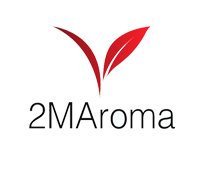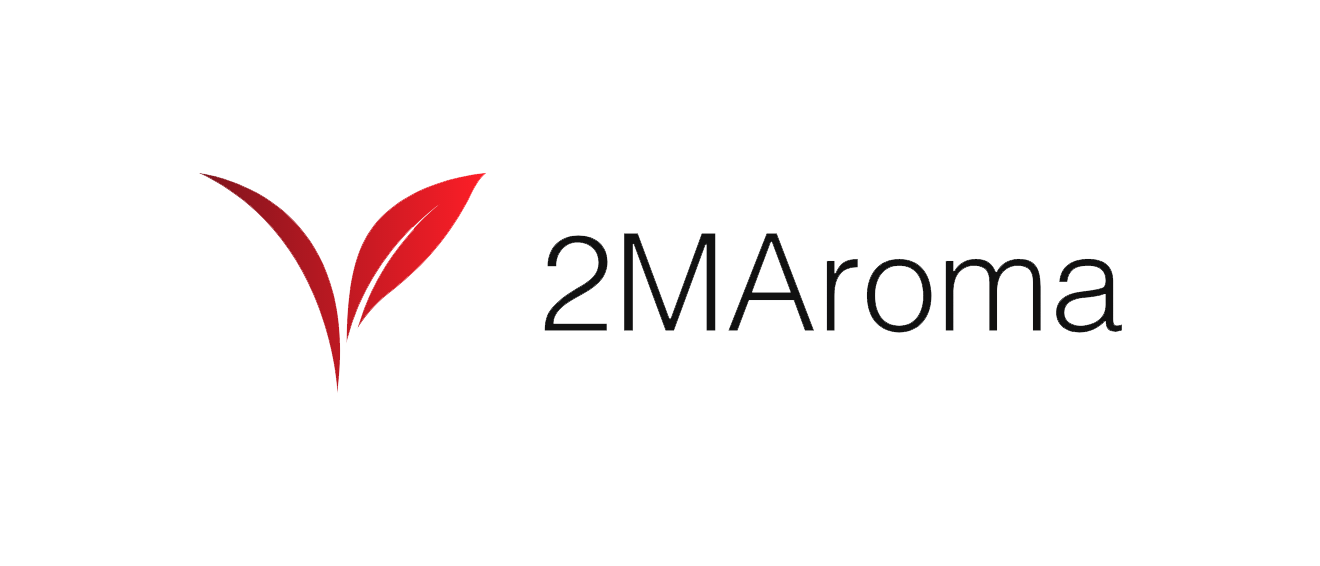Are you buying the real thing, or just a cheap imitation?
There are so many different options for essential oils, especially when shopping online. But how do you know if you’re buying the real thing, or just a cheap imitation?
Here are a few tips to help you ensure you’re getting a good quality essential oil.
Know the Difference Between Essential Oil and Fragrance Oil
Essential oils are concentrated oils distilled from plants. They not only smell great, but they also contain the beneficial chemical compounds of the specific plant they’re derived from.
Fragrance oils are synthetic, and though they may smell good, they do not have any beneficial natural compounds. They’re less expensive to produce because they’re diluted with artificial substances.
Double check that the oil you’re buying is a pure essential oil and not a fragrance oil.
Look for the Latin Name
High quality essential oils list the Latin name of the plant species they’re derived from. For example, a bottle of lavender essential oil could be distilled from Lavandula Angustifolia, or English Lavender. If an oil doesn’t list the Latin name, it’s hard to know exactly what you’re really getting.
Give it a Sniff
Because essential oils are so concentrated, they usually smell quite potent right out of the bottle. Some, like rose or chamomile, are naturally more subtle, but still unmistakable. When you’re buying oils, they should smell pleasant and natural. Trust your nose.
If you detect a twinge of alcohol, or if an oil smells less like aromatherapy and more like kitchen cleaner, steer clear. If you’re buying online and can’t do a smell test, skim the reviews and see if anyone has shared any less-than-stellar reactions.
Don’t Let the “Grade” Fool You
Many oils are labeled as “Therapeutic Grade.” But it’s important to note that this isn’t a term that’s regulated by the FDA, or any other evaluating body. So while many reputable companies label their oils as “therapeutic grade” to denote purity, any company can put that on a bottle of oil without having to meet any specific standards of quality.
A “Therapeutic Grade” label is not necessarily a bad thing, but don’t overestimate its meaning or value.
Think About the Cost
Per ounce, essential oils can be a fairly pricey substance. But generally, that’s because it takes a huge amount of plant matter — think hundreds to thousands of flowers — to make one little bottle.
Everybody loves a good bargain, but an oil’s price should make sense when you take into account the rarity of the plant and the labor required to distill it. If the price tag seems too good to be true, then it probably is.


